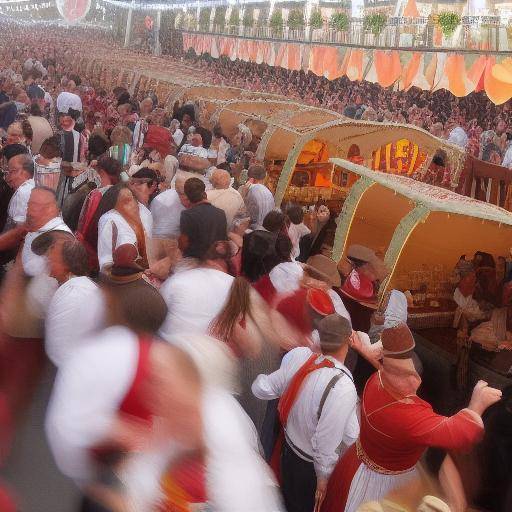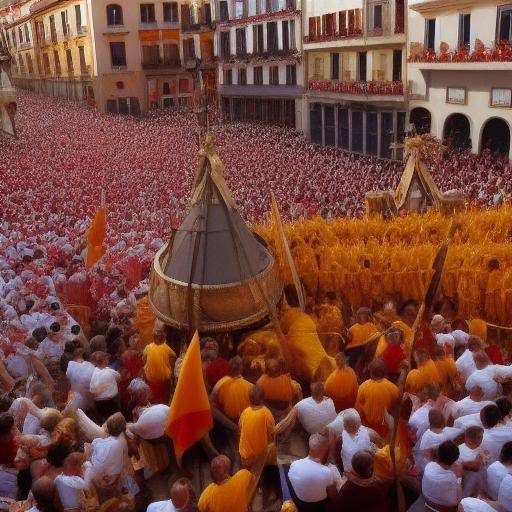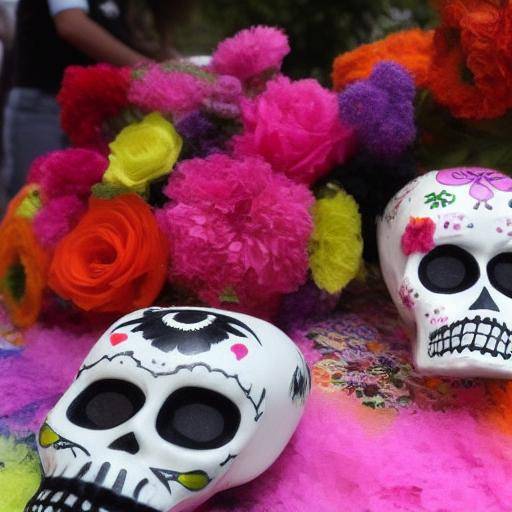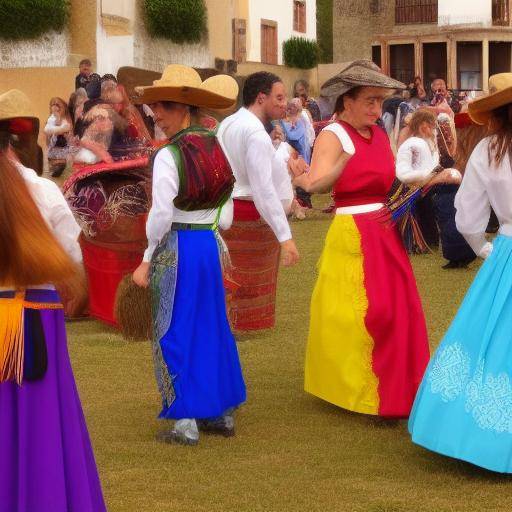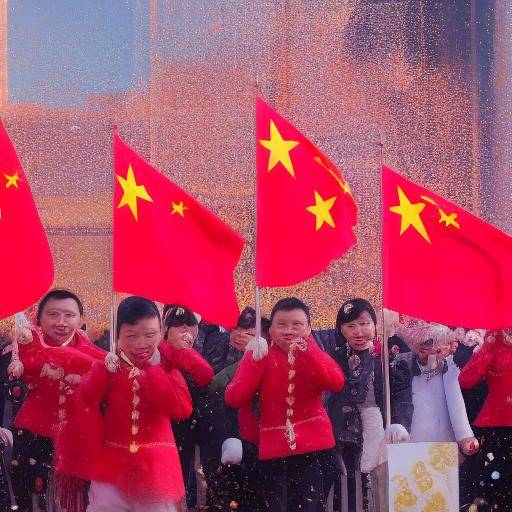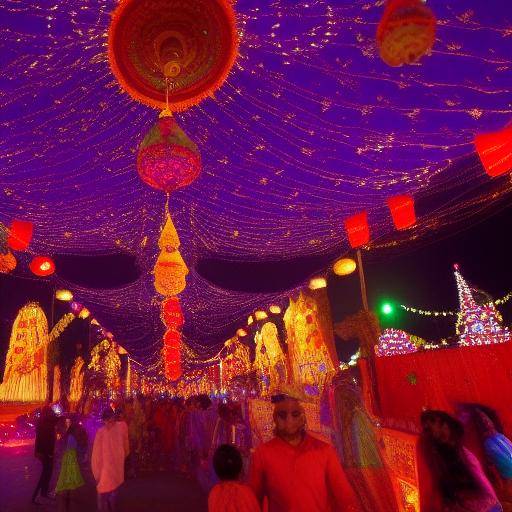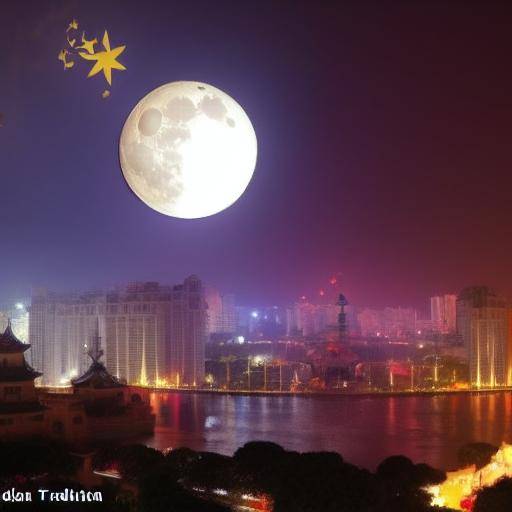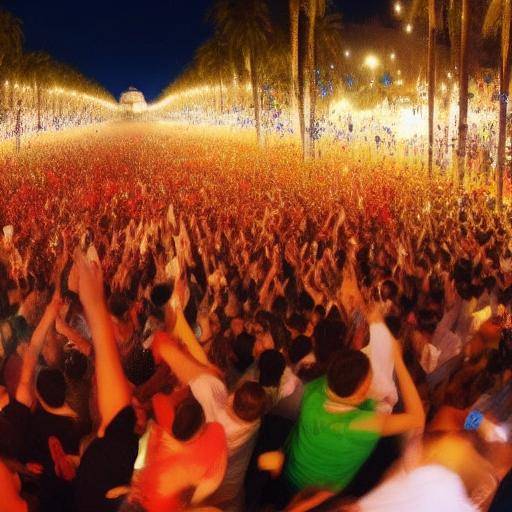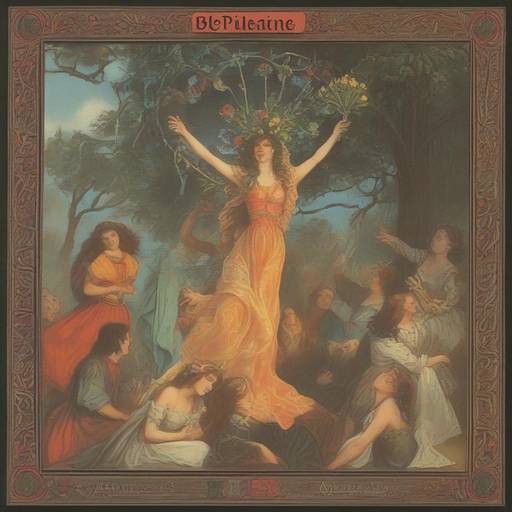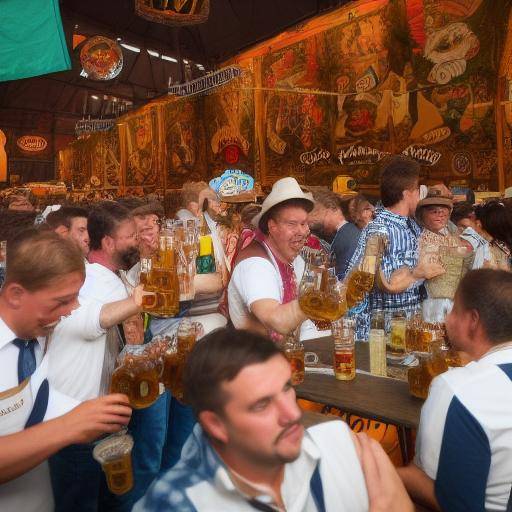
The Oktoberfest is one of the world's largest and most famous festivals. Known for its beer, traditional food and music, this annual event attracts millions of visitors from around the world to the city of Munich, Germany. In this article, we will explore the history, culture and importance of the Oktoberfest, as well as its relationship with traditional parties and German culture.
Introduction
The Oktoberfest, often associated with the enjoyment of beer, is much more than that. This is a celebration rooted in the rich history and traditions of Germany, which has evolved over the centuries to become an iconic event worldwide. In this article, we will immerse ourselves in the history of the Oktoberfest, explore its connections with traditional parties in general, and highlight the influence it has on German culture today.
History and Background of the Oktoberfest
The Oktoberfest has its roots in the celebration of the royal marriage of the Crown Prince Louis I of Bavaria and Princess Teresa of Saxony-Hildburghausen in 1810. What began as a multi-day party for the citizens of Munich has become a 16 to 18-day festival that attracts more than six million visitors every year. The festival begins with the opening parade and the traditional shooting of the canyon, followed by the famous opening ritual of the first beer barrel at the Schottenhamel Zelt, which officially marks the beginning of the Oktoberfest.
Over the years, the Oktoberfest has experienced various changes, from the introduction of attractions and games, to the diversification of the gastronomic offer and live music. However, despite these developments, the original spirit of the festival, which celebrates Bavarian traditions, has remained intact, making it a truly unique event.
Oktoberfest Detail Analysis
The Oktoberfest is not only a celebration event; it also has a significant impact on the local and national economy. Both hospitality businesses and food and beverage providers experience a substantial increase in their income during the festival. In addition, the Oktoberfest acts as a magnet for tourism, generating an important flow of international visitors to the region.
However, the festival is not without challenges, such as alcoholism and public safety. Local authorities implement special measures to ensure the safety of visitors and minimize the risks associated with excessive alcohol consumption.
The Oktoberfest also serves as a platform to promote German culture and traditions to a global audience. The attendees can enjoy traditional music, folk dances and typical Bavarian costumes, which contributes to the preservation and dissemination of German cultural heritage.
Comprehensive Review of Traditional Festivals in Germany
Traditional parties play a fundamental role in German culture, as they reflect the country's rich regional diversity. From the Carnival of Renania to the Weihnachtsmarkt (Christmas market), these celebrations are important to keep the local customs and traditions alive. The Oktoberfest stands out as one of the most emblematic parties, attracting visitors from around the world to experience the hospitality and the festive spirit of Germany.
Comparison Analysis of Oktoberfest, Traditional Festivals and Germany
While the Oktoberfest is a unique celebration, it shares similarities with other traditional parties and reflects the essence of German culture. Unity around food, drink and music is a recurring theme in many festivities, highlighting the importance of coexistence and celebration in German culture.
Conclusions and FAQs
The Oktoberfest is much more than just a beer party; it is a celebration rooted in the history and culture of Germany. Through its economic impact, its role in promoting German culture and its ability to unite people of different origins, the Oktoberfest stands out as a truly significant event worldwide.
Frequently asked questions
What's the story behind the Oktoberfest?
The Oktoberfest has its origins in the celebration of the royal marriage of the Crown Prince Louis I of Bavaria and Princess Teresa of Saxony-Hildburghausen in 1810. What began as a multi-day party for the citizens of Munich has become a world-renowned festival.
What is the economic impact of the Oktoberfest in Germany?
The Oktoberfest has a significant impact on the local and national economy. Hospitality businesses, food suppliers and drinks, and tourism experience a substantial increase in their income during the festival.
What role does Oktoberfest play in promoting German culture?
The Oktoberfest acts as a platform to promote German culture and traditions to a global audience. The attendees have the opportunity to experience traditional music, folk dances and typical Bavarian costumes.
How does Oktoberfest compare to other traditional parties in Germany?
Although the Oktoberfest is a unique celebration, it shares similarities with other traditional parties in Germany. Unity around food, drink and music is a recurring theme in many festivities, highlighting the importance of coexistence and celebration in German culture.
What is the origin of Oktoberfest beer?
Oktoberfest beer, known as Märzen, has its roots in the Bavarian brewing tradition. It is characterized by its malty body and its balanced flavor, which make it ideal to accompany the holidays of the Oktoberfest.
What measures are implemented to ensure public safety during the Oktoberfest?
Local authorities implement special measures to ensure the safety of visitors and minimize the risks associated with excessive alcohol consumption, including increased police presence and extended public transport services.
What is the importance of the typical Bavarian costumes at the Oktoberfest?
The typical Bavarian costumes, such as Dirndl and Lederhosen, are an integral part of the Oktoberfest experience. These traditional costumes reflect the rich cultural heritage of Bavaria and add a festive air to the celebration.
In short, the Oktoberfest is an iconic celebration that encapsulates Germany's rich tradition, hospitality and cultural diversity. This annual event remains a must for beer lovers and culture enthusiasts, and continues to play a key role in the projection of Germany's image internationally.

